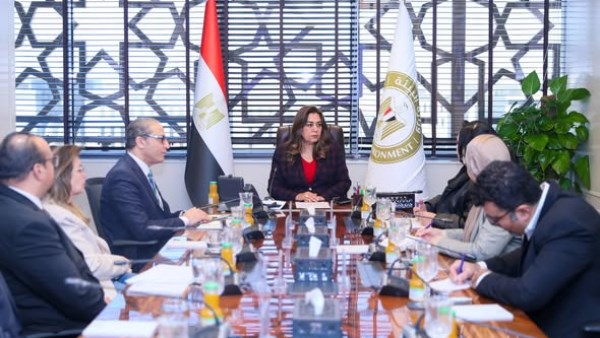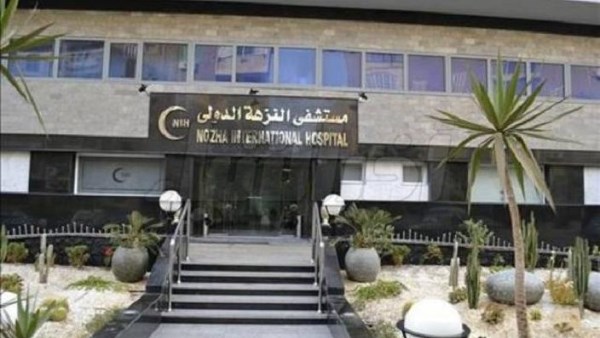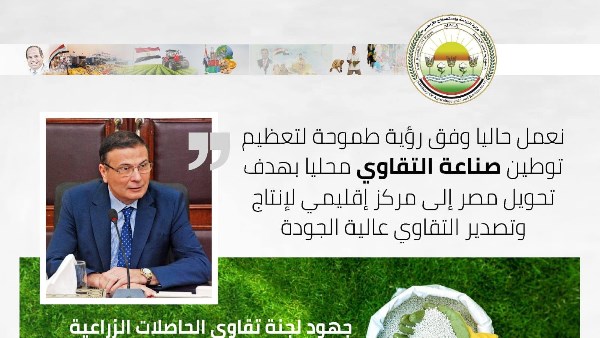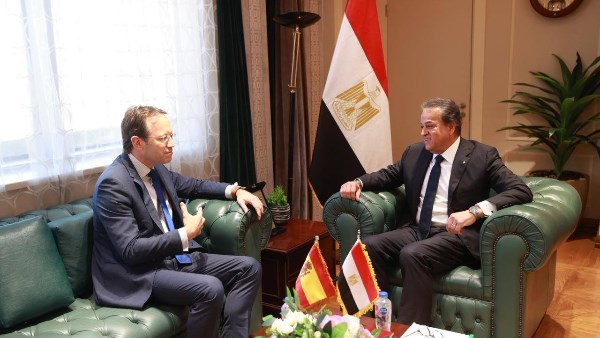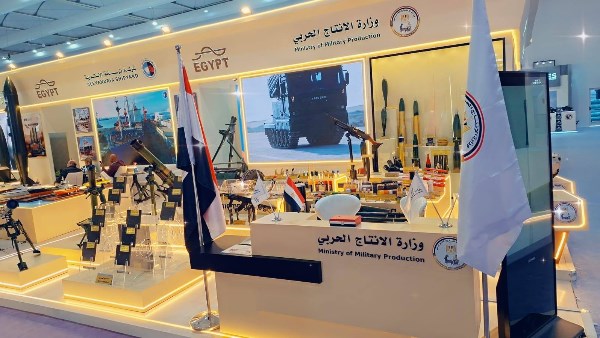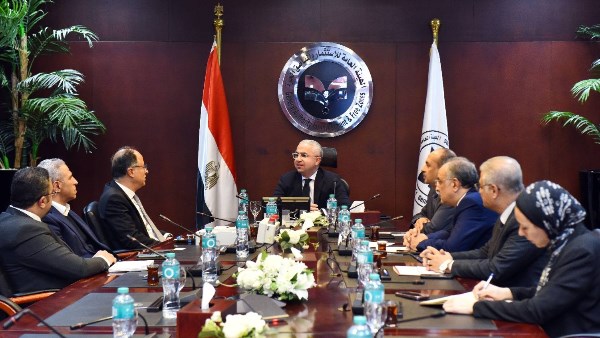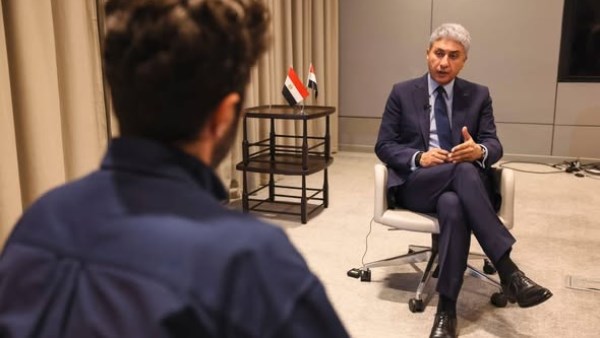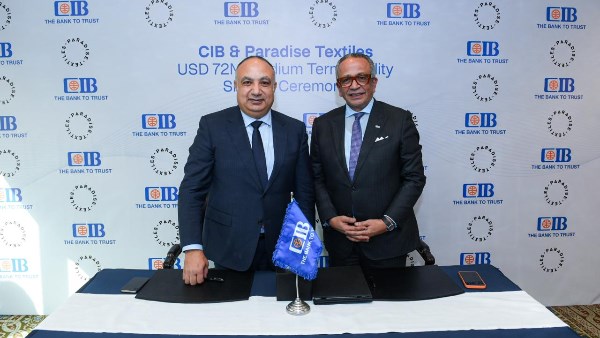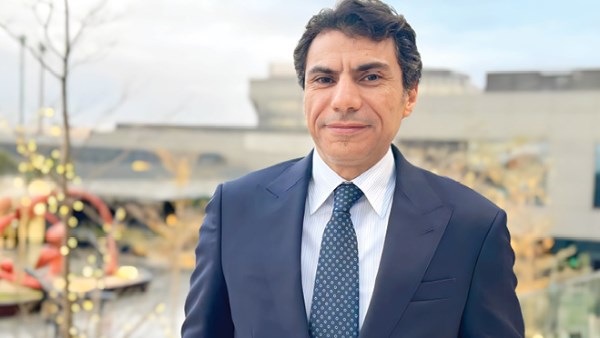
President Abdel-Fattah El-Sisi :Egypt is one of the first countries to develop a sustainable development strategy

President Abdel Fattah El-Sisi affirmed that Egypt is doing its best with world leaders, so that the summit of the Conference of the Parties to the United Nations Framework Convention on Climate Change (COP 27) results in the implementation of international commitments to confront the phenomenon of climate change.
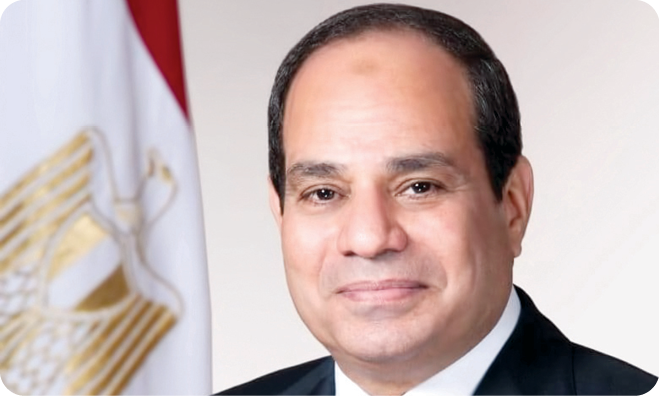
Africa is the most affected by climate change, despite being the least responsible for it
The President stated that climate change remains the most serious existential challenge facing our planet and that its repercussions are exacerbating day by day, so that there is a need to put climate pledges into practice to reduce emissions, build adaptability, and enhance climate finance directed to developing countries.
Climate finance in the midst of food and energy crises
President Sisi confirmed the burden placed on the developing and least developed countries as well as the size of what they must face to fulfill their climate commitments, while continuing development efforts and eradicating poverty, in the midst of two unprecedented food and energy crises.
The development of technological techniques and the promotion of creativity are necessary to contribute to creating a world without emissions
Developed countries pledged to accelerate the implementation of commitments to those countries to provide climate finance in favor of reducing emissions and adaptation, and building resilience, whether by fulfilling the pledge of 100 billion dollars and pledging to double the financing directed at adaptability or to speed up the agreement on the new financing goal, beyond 2025, he added.
Sustainability
20 countries are responsible for 80% of the repercussions of climate change
President Sisi said that Egypt is one of the first countries to develop an integrated strategy for sustainable development and 20 countries are responsible for 80% of the effects of climate change, therefore, justice requires increasing the contribution of these countries to efforts directed at adaptability to climate change.
President Sisi affirmed the need to support Africa’s efforts to adapt to climate changes, as it is the least responsible for these changes, despite being the most affected, so that $800 billion are needed until 2025 to confront the repercussions of climate change.
Decent life
President Sisi announced that the Decent Life initiative aims to improve the living conditions of about 60 million citizens, equivalent to more than half of the Egyptian population, and covers many areas, including sanitation, water treatment, communications, roads, and others.
“Decent Life” is a model for sustainability, improving the lives of more than half the Egyptian population
He pointed out that Egypt is carrying out advanced triple treatment to take advantage of every drop of water and Egypt will be the number one country in the world in water treatment after the completion of the huge national program to benefit from every drop of water.
The first phase of the Egyptian rural development project, “Decent Life”, will end this year, and the second phase will be launched early next year, followed by the third and final phase, President Sisi said.
Technology
The President stressed the importance of developing technological techniques and promoting creativity to contribute to a world free of heat emissions, and there are in Egypt very large programs for new and renewable energy in order to reduce the use of plants that depend on fossil energy of all types.
We have huge potentials and opportunities to generate tens of thousands of megawatts from wind and solar energy
The president stated: “we have the opportunity to generate tens of thousands of megawatts in this field, whether with wind or solar energy, and we have huge potentials through which Egypt can seriously contribute to providing clean energy, whether electrical energy or energy to produce green hydrogen, in which great strides have been made.”
Multiple efforts to produce renewable energy
The president added, “We have multiple efforts in the production of renewable energy, referring to the Benban plant in Aswan, which is one of the largest plants producing solar energy, and we are continuing in this field.”
The president indicated that the new Administrative Capital is part of a huge Egyptian program in smart fourth-generation cities that completely reduce emissions, as there are more than 20 cities built by Egypt in this framework.
Increasing green investment to 50%
President Sisi confirmed that the percentage of green investments in Egypt has now reached 40% of the total public investments, and this percentage will increase during 2024 – 2025 to 50% of the total public investments in the country.
Green investments in Egypt comprise 40٪ of the total public investments
Egypt did not have a significant contribution to emissions, as this percentage is only 0.6% of the total heat emissions in the world, and it is one of the most exposed countries to the effects of climate change, he added.
Partnership with the European Bank
President Sisi praised the growing partnership between Egypt and the European Bank, aspire to build on and strengthen this cooperation in the coming period.
We look forward to strengthening our partnership with the European Bank
He assured that the European Bank will find in Egypt well-studied and strong projects that make a distinguished contribution in this field, as the European Bank’s support for Egypt in this field will have an impact on the emergence and implementation of these projects at the best time.
Together with world leaders, we are doing our best to implement international commitments to deal with climate change
The President also praised the agreement between the priorities and the government work program in Egypt, and the priorities and policies of the European Bank, represented in supporting the transition to a green economy, enhancing environmental sustainability, and empowering the private sector, which has the ability to bridge the financial gap required to finance these enormous investments and is best able to implement them.
President Sisi affirmed that the private sector has the ability to bridge the financing gap required to confront climate changes and stressed on the importance of UN efforts to provide grants to African countries affected by climate changes.







-1120252475029447.jpg)



